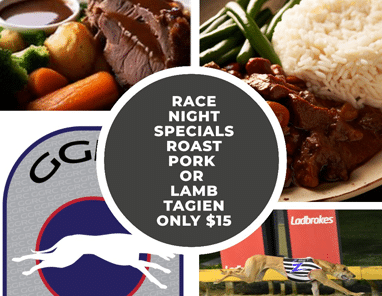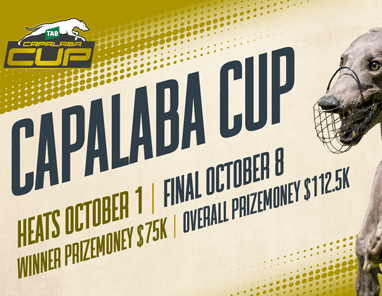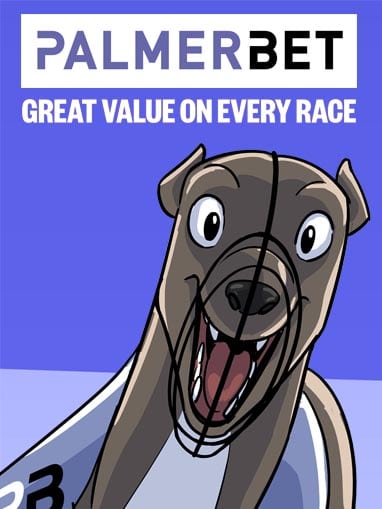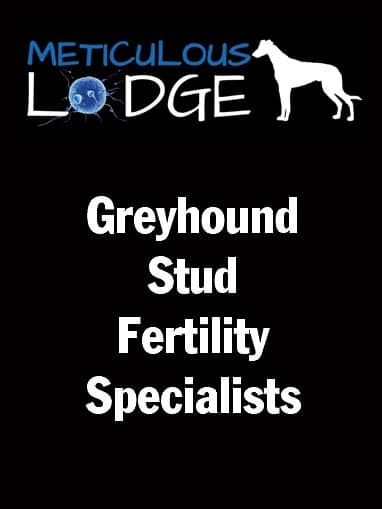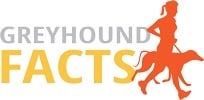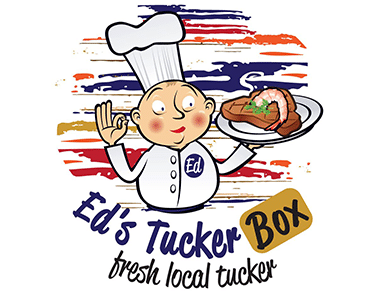
By MIKE HILL
THE Wooler family just love their dogs, many of which have come to them as ‘giveaways’.
Townsville trainers Andrew and Jo, their son Drew and daughter Hayley and Jo’s parents can’t live without their canine pals.
“They are all special,” said Andrew, a leading conditioner in the north who has had some impressive successes in recent years.
“They mean everything to us.
“We race our dogs and then see most of them go to great homes after their racing days are over.
“Some stay with us in retirement.”
Wooler, a dry goods manager with Coles, said his wife did everything with the dogs during the day on their double-block property at Stuart, an outer Townsville suburb.
“It’s a family operation with everyone helping,” he said.
With 15 dogs in work, the trainer said the goal was always to do better than the previous year.
Wooler finished the 2021 season in third place on the Townsville trainers premiership behind Rhonda Essery and Brad Belford with 88 winners – his best-ever year.
However, the kennel had a slight hiccup earlier this year.
“We’ll now find it hard to reach our goal of 100 winners this season,” he said.
Despite the setback, Wooler was back with a series of winners last month, including a treble.
“We buy some of our dogs, others are giveaways from trainers, including (Kempsey-based) Nathan Goodwin.”
John Strachin (Walk Hard-Super Leggera), one of Wooler’s standout chasers in recent years, was a $3000 purchase in early 2019.
“He was a 17-month-old pup still in the paddock and Jo was shocked that I would pay so much for a pup,” Wooler said.
“But he has repaid us many times over.”
On retirement last November, John Strachin, “named in honour of the father of Drew’s best mate”, had amassed almost $47,000 from 30 wins and 30 minor placings (95 starts).
Better known as Larry to the Woolers, John Strachin is now living a life of luxury with Andrew’s mother.
He became a spoilt pooch after he was bitten by a spider at Rockhampton in early 2020.
“We nearly lost him,” Wooler said.
“We think it was one of those spiders whose bite causes flesh-eating problems.
“It took six months for him to come right.
“It was during this time that we brought him into the house so we could keep a close eye on him.”
John Strachin began to enjoy the indoor life and at the same time developed into one of the north’s most consistent chasers.
He became an inside dog for the remainder of his racing career.
Another of the Woolers’ recent stars is the now-retired Segredo, a ‘giveaway’ that went on to win the Townsville Greyhound of the Year award in 2020.
He finished his racing career with an 84-start 13-10-20 record and almost $30,000 in prizemoney.
“In our eyes, they are all champions,” Andrew said.
He said he had promising sprinters Patty’s Regret and Good Boy Lloyd that may fill the gaps left by the retirements of John Strachin and Segredo.
Also the Woolers hope to breed a litter from ‘Larry’s’ smart sister Super Hard (145 starts 20-25-22 for $42,000).
- How and when did you get involved in greyhound racing?
A: I got involved in greyhound racing back in the early ’90s, through a best friend’s dad – Denis Smith.
- Who has been the greatest influence on you as a trainer?
A: There has been a number of people over the years who have been a big influence. Some come to mind as Denis Smith, Frederick Swain and the Olsen family (Glen and Robert Olsen).
- At what age do you start preparing a pup for racing?
A: About 12-16 months, depending on the maturity of the pup.
- How long does it take to prepare a pup for its first race?
A: It all depends on the dog’s natural ability and level of fitness.
- What makes a good pup?
A: Their natural drive, will to chase, conformation and temperament.
- Do you do anything special when preparing a young dog for its maiden compared to a seasoned performer?
A: Exposing a young dog to field trials before its first race helps give the dog confidence in a full field.
- Do you have a set routine for all your greyhounds or do you vary training for individual runners?
A: We have a general everyday routine with the whole kennel, however, you do get to know each dog and their quirks and how best to get them to perform. Something might work for one but not the other.
- Do you have any unique or unusual methods you would like to share in regards to training?
A: We try to give each dog in the kennel some one-on-one attention every day. They get cuddles and pats before they go to bed every night and on race days/nights the dogs get a treat (such as a donut, a slice a pizza or even a cheeseburger) for performing well.
- Do you swim your dogs as part of your training regime?
A: Yes. In the warmer months they are swimming a couple times a week in their own pool.
- How frequently do you like to race your dogs?
A: On average they usually race three times a fortnight. But again that depends on injuries or just the dog itself.
- What’s your training routine between races?
A: Checking every dog after any type of exercise/race and treating any injury, swimming if in the warmer months, walking on the treadmill and maybe some box practice if the dog needs it.
- Do you do all muscle work on your dogs and treat all injuries?
A: Yes, we do all our own muscle work and treat all injuries. We do take advantage of any visiting musclemen for a fresh set of eyes/second opinion.
- Do you treat all injuries to your dogs yourself?
A: Yes, we do. However, some injuries may require vet assistance and we call on the specialised skills of Des Viero and her team.
- Which is the best greyhound you have trained?
A: That’s a hard question to answer. It’s hard to pick between John Strachin, who won 30 races for us, or a giveaway dog named Segredo, who won us the Greyhound of the Year award for 2020.
- What do you consider is the best greyhound track in Australia and why?
A: Townsville, it might be a bit biased but it’s our home track. Do miss racing in Cairns and the Lower Burdekin Greyhounds Clubs, which have since closed down.
- What does the industry need most going forward?
A: Younger industry participants.
- What is the best advice you could give someone just starting out as a trainer?
A: Always have patience and ask local trainers plenty of questions.


